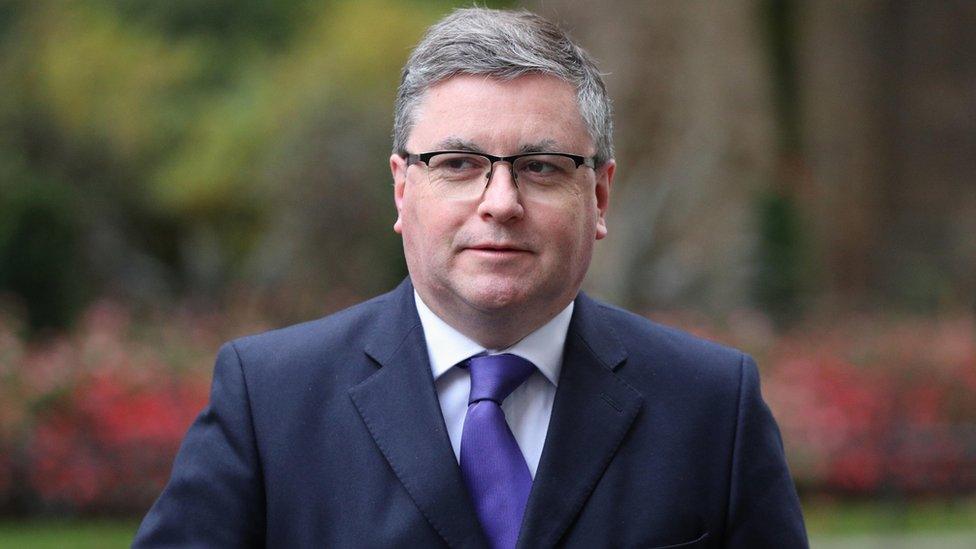Port Talbot: Liz Truss promises talks with Tata on steelworks' future
- Published
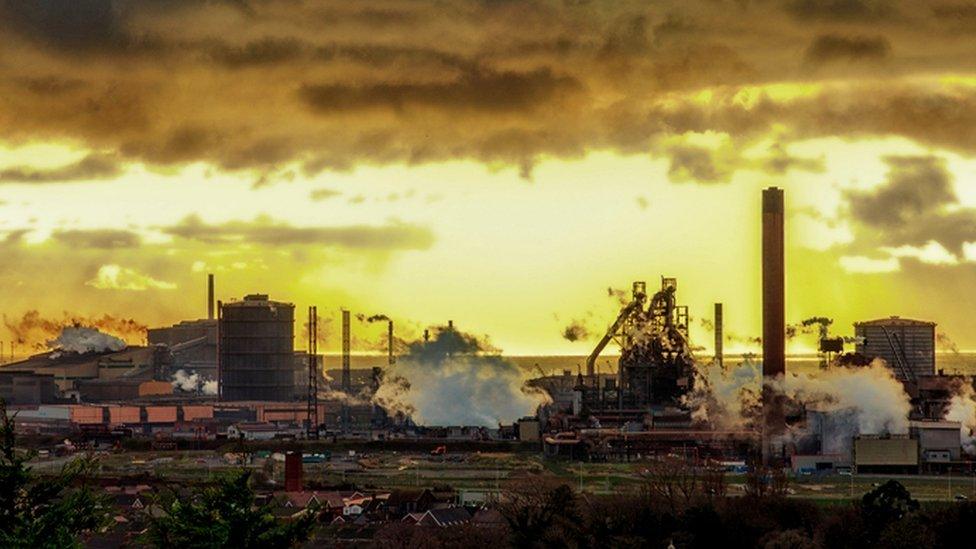
Tata, owners of Port Talbot steelworks, want a big government subsidy to keep it open
UK ministers will talk to Port Talbot steelworks' owners, after warnings the plant could close without a deal for subsidies to reduce carbon emissions, Liz Truss has told BBC Wales.
The prime minister promised discussions with Tata about the future of the plant, which employs 4,000 people.
She said it was "very important" to keep steel production in the UK.
Ms Truss also defended the mini-budget, after market turmoil followed the measures announced last Friday.
In July, the Financial Times reported that Tata would consider closing its sites if a deal was not done in the next 12 months.
Tata chairman Natarajan Chandrasekaran told the FT a transition to a "greener steel plant" was "only possible with financial help from the government".
The report said Tata wants to close two blast furnaces at Port Talbot and build two electric arc furnaces that will be less carbon intensive, at a cost of about £3bn.
Working under previous prime minister Boris Johnson at the time, Welsh Secretary Sir Robert Buckland said people should be "a little cautious" about media reports that the company wants £1.5bn from government.
He said a decision could only be taken by Mr Johnson's successor.
On Thursday, Ms Truss told BBC Wales political editor Felicity Evans: "It is very important that we maintain our economic security and we maintain steel production in the United Kingdom and, of course, the government will talk to Tata about how best to do that."
Liz Truss defended the mini-budget on Friday, which was followed by market turmoil
Last week's mini-budget, with £45bn worth of tax cuts funded by additional public borrowing, has prompted a fall in the pound and a surge in borrowing costs.
Market reaction forced the Bank of England to step in on Wednesday and buy £65bn of government debt to stop some pension funds collapsing.
On Thursday, the prime minister told BBC Wales that her government had taken "decisive action" to help people with their energy bills "which was the biggest part of the package that we announced on Friday".
"We're also not putting taxes up during an economic slowdown, because the impact of an economic slowdown would be very, very negative for everybody across the country," she said.
"So having the highest tax rates for 70 years was not going to help the economy get through a difficult time."

Ms Truss insisted there was also a "global economic problem caused by Putin's war in Ukraine, and we're seeing markets react around the world".
She was asked why her government had refused an offer by the Office for Budget Responsibility (OBR), external to publish its assessment of the consequences of the budget changes, if it was so confident its actions would provide growth.
"The OBR will publish a forecast in November when we set out our medium-term fiscal plan," the prime minister said.
"We've been clear we do need to borrow this winter to cope with the very serious issues we face - the global economic slowdown, as well as the energy crisis, but we are determined to bring down debt as a proportion of GDP [Gross Domestic Product - a measure of the size of the economy].
"We will publish an OBR forecast alongside our medium-term fiscal plan, but I believe it's right to borrow to deal with this really severe energy crisis we're facing, and that is the biggest part of the package that we announced on Friday."
The full interview will be broadcast on Politics Wales, on BBC One Wales, on Sunday 2 October at 1450 BST, and the programme will be then be available on iPlayer
- Published7 August 2022
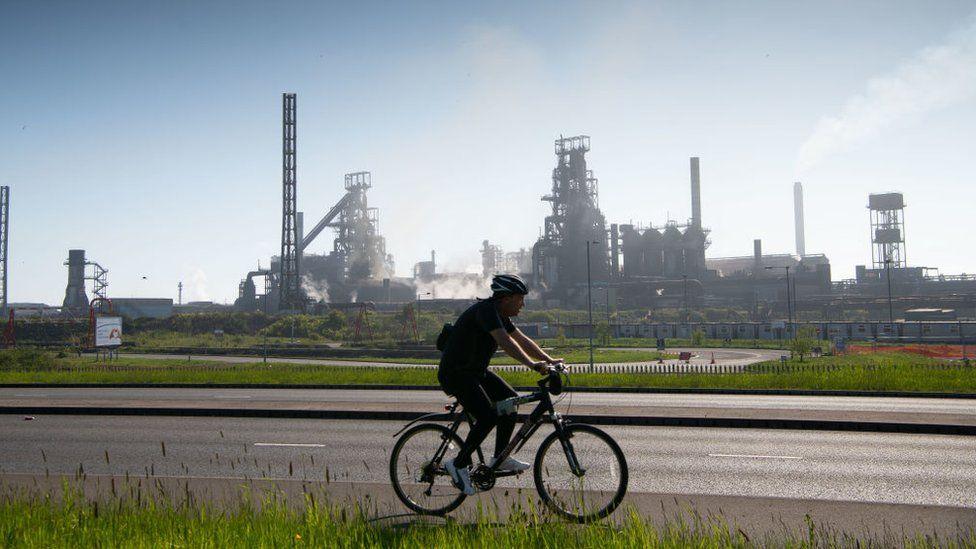
- Published26 July 2022
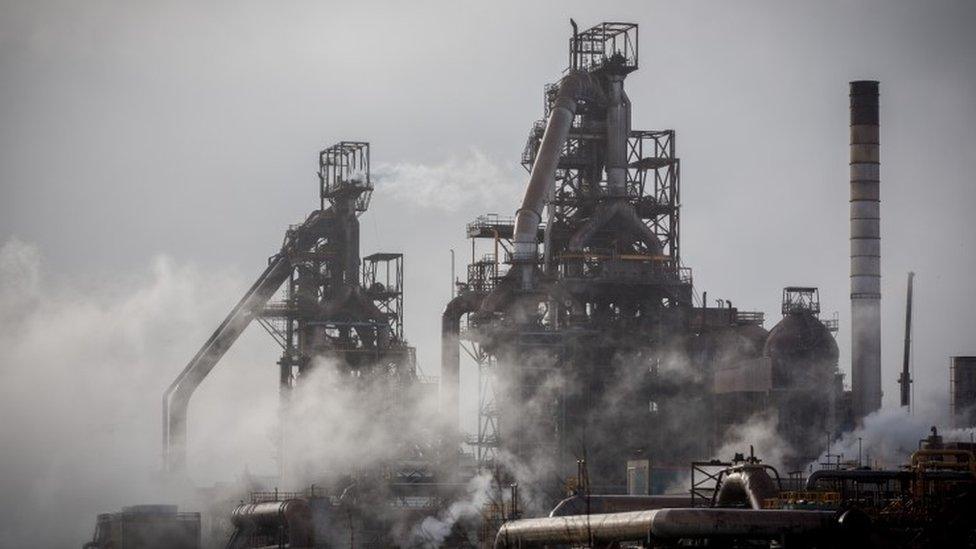
- Published22 July 2022

- Published22 July 2022
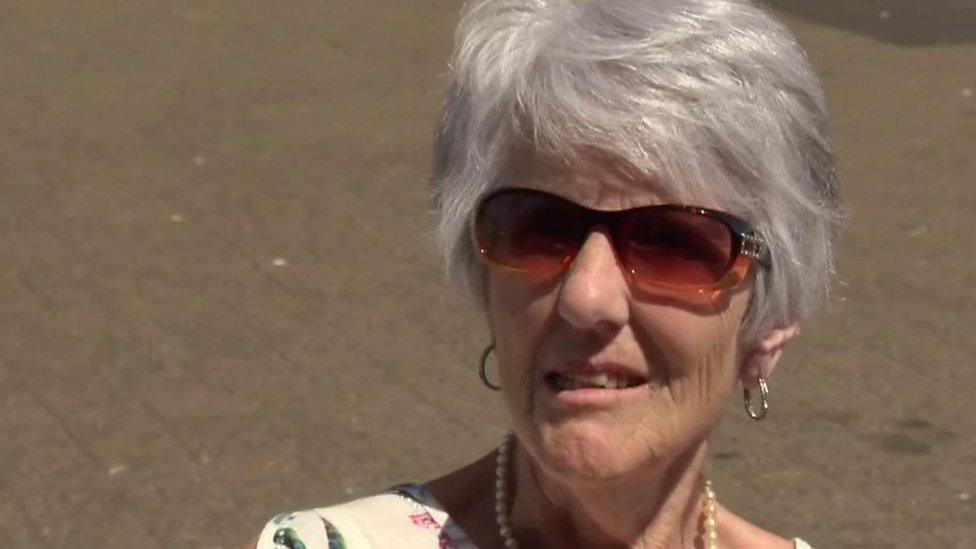
- Published29 September 2022
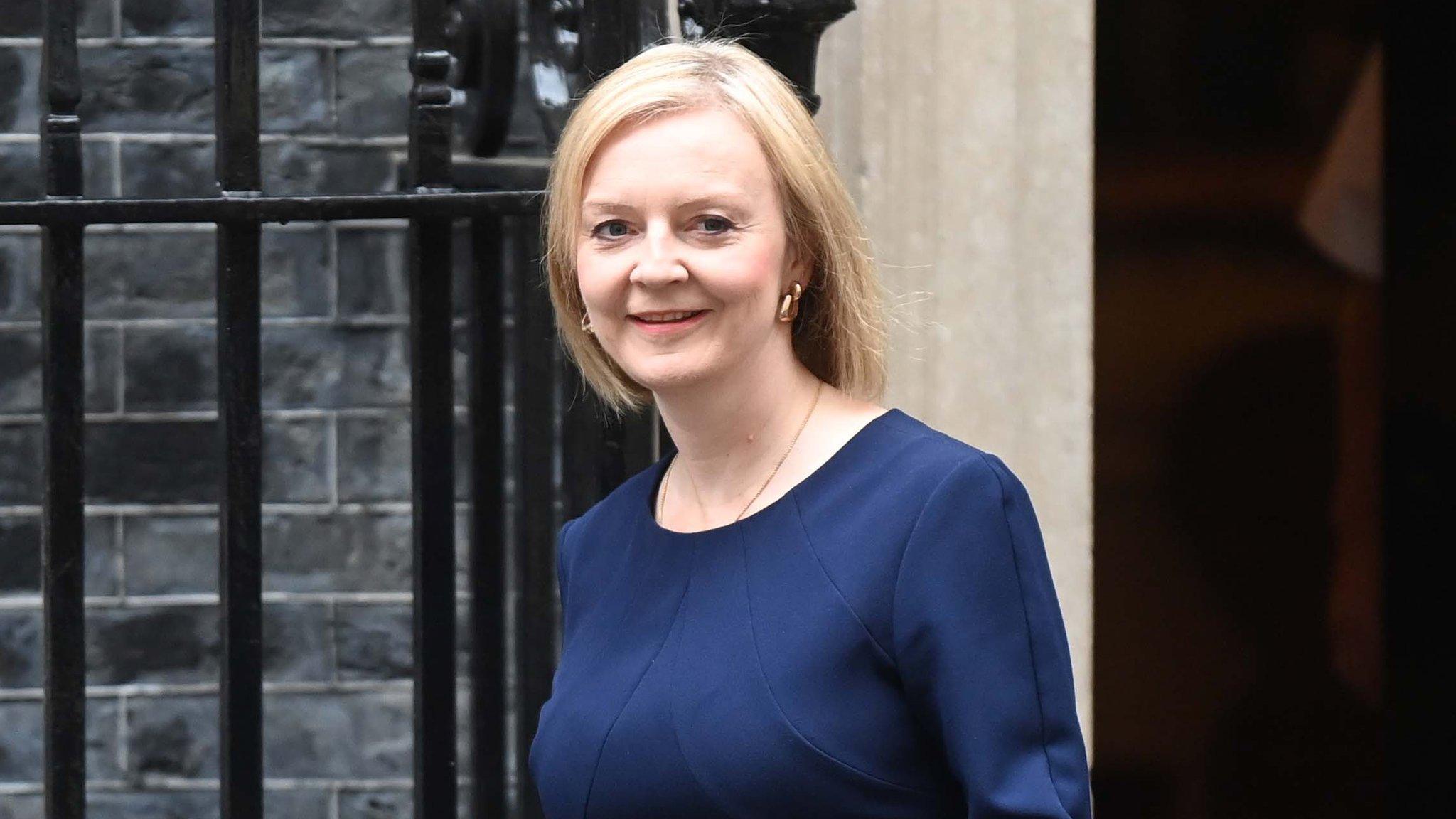
- Published28 September 2022
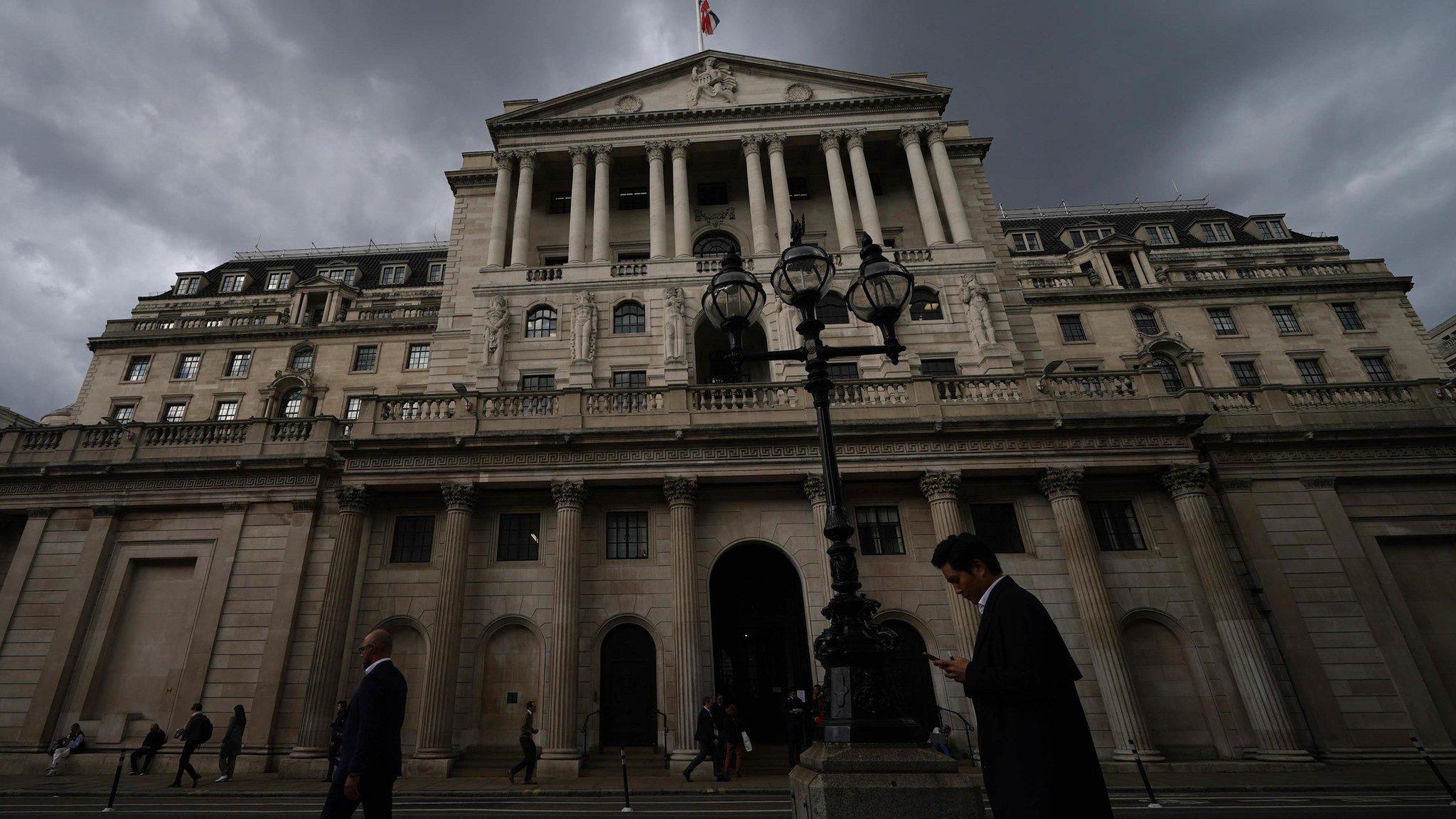
- Published28 September 2022
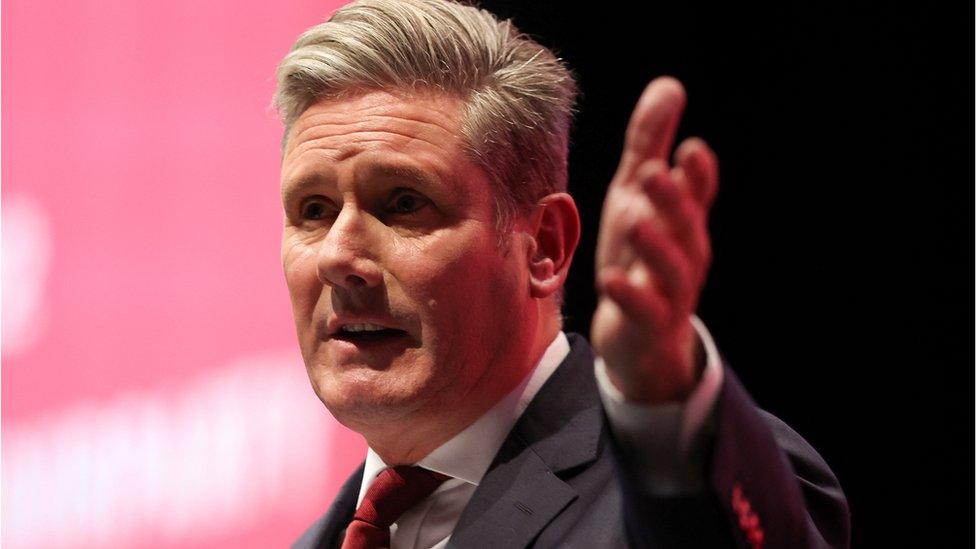
- Published28 September 2022
- Published6 September 2022
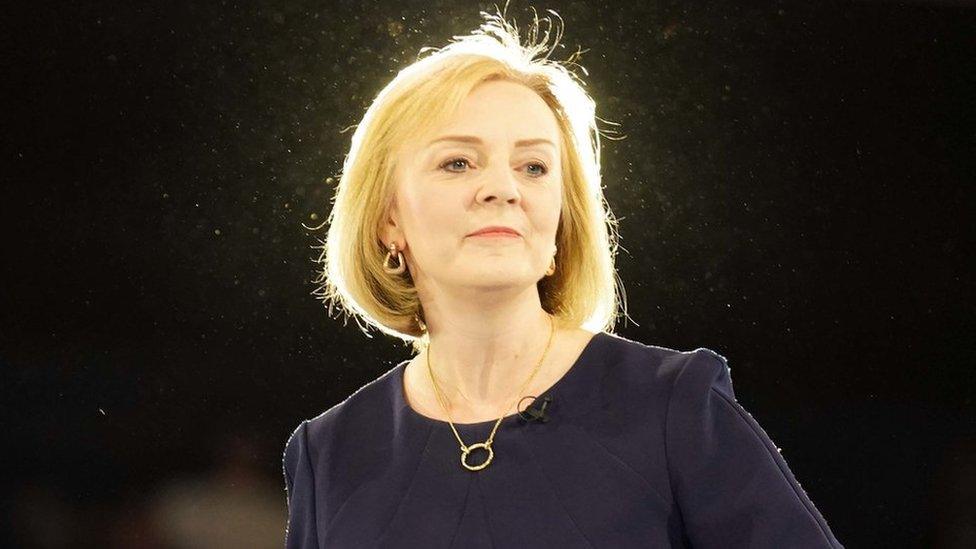
- Published6 September 2022
